A Place to Belong
As part of a system of Catholic schools in the Diocese of Parramatta, our students are treated with dignity and respect. Their safety and wellbeing are our top priorities. The wellbeing and safety of all students is central to the purpose of Catholic education and we acknowledge that healthy relationships and exceptional pastoral care are core to each child’s positive experience at school.
Schools in the Diocese of Parramatta have a strong focus on pastoral care. The College Wellbeing Team (consisting of the College Wellbeing Leaders and Year/Stage-specific Wellbeing Leaders) are supported by CSPD staff on the Wellbeing and Behaviour Team, Leading Counsellors as well as K-12 System Counsellors in the implementation of wellbeing initiatives.
Santa Sophia is committed to providing a learning environment where students can thrive, feel safe and supported, and are nurtured to grow, belong and be confident.
Santa Sophia equips students with the knowledge and skills to cultivate their wellbeing through Religious Education, health, and wellbeing classes. We believe this sense of wellbeing and connectedness promotes healthy personal development in students and contributes to their academic success.
We support the social and emotional welfare of students and their families through effective strategies, recommendations, policies and procedures, guidelines and tools. Our strong focus on pastoral care includes school counsellors and wellbeing initiatives to support students.
Our school celebrates the inclusion of all students, supporting the learning needs of every individual and providing learning opportunities to build their social skills.
Our Wellbeing and Pastoral Care Initiatives
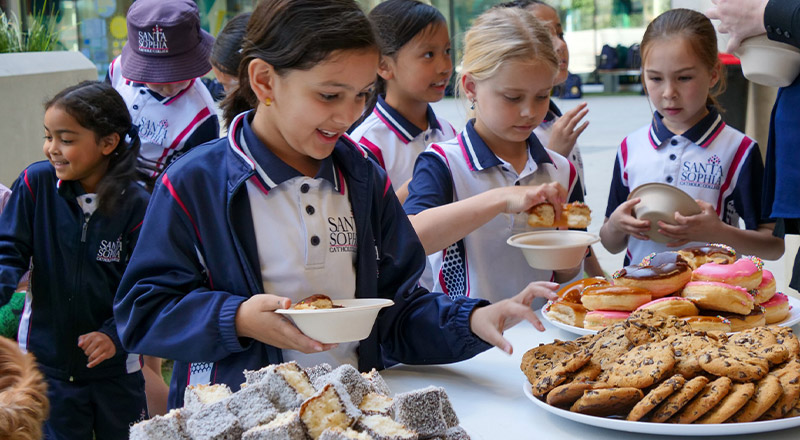
Positive Behaviour Support for Learning (PBS4L)
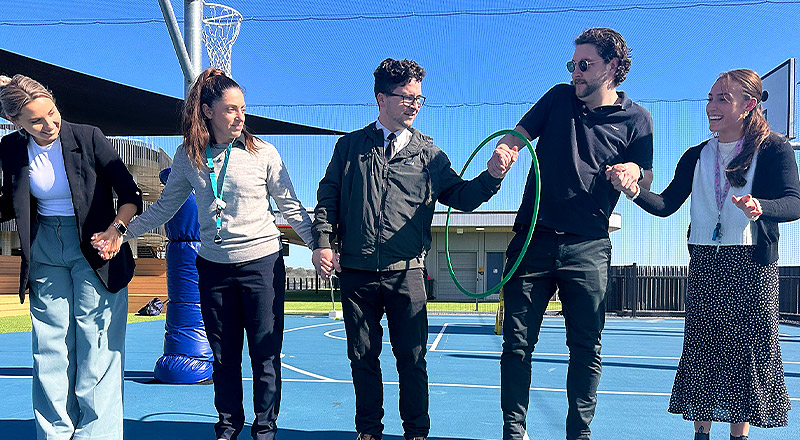
Wellbeing Leaders and K-12 School Counsellors

School Wellbeing Dog
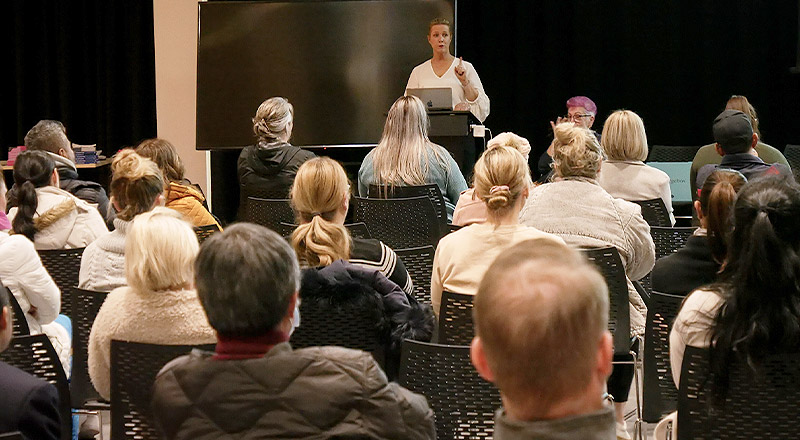
Parenting Seminars/Webinars on Wellbeing Topics
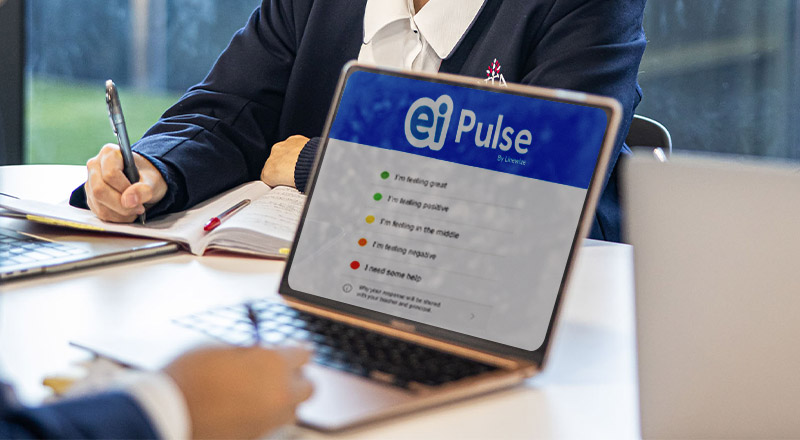
Digital Weekly Wellbeing Check-Ins for Students and Fortnightly Wellbeing Class Program
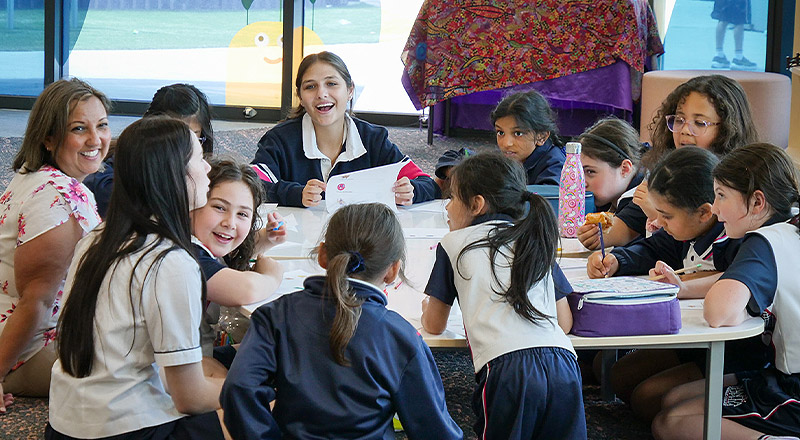
Anxiety and Social Skills Groups
Meet Carlo, Our New Wellbeing Puppy
Wellbeing dogs in schools have been found to improve outcomes in learning, behaviour and student wellbeing. In 2020, Santa Sophia Catholic College acquired Arlo, a groodle puppy who trained to be our College Wellbeing dog. He has been a very successful addition to our school community and a much loved and integral part of Santa Sophia for the last 5 years.
Continuing with the success of this wellbeing dog program, Arlo's successor has been named - "Carlo the Cutie"! Carlo, named after St Carlo Acutis, is a wire fox terrier and is the new Wellbeing Puppy at Santa Sophia. Carlo’s presence will support the wellbeing of our students by providing comfort, calm, connection and a sense of belonging.
Meet Carlo, Our New Wellbeing Puppy

Online Resources for Parents & Caregivers
As part of our commitment to the wellbeing of our students and their families, all parents and carers of the College have free access to the Open Parachute online library of video-based lessons that teach skills on how to support your child's wellbeing at home.
The topics available are listed below
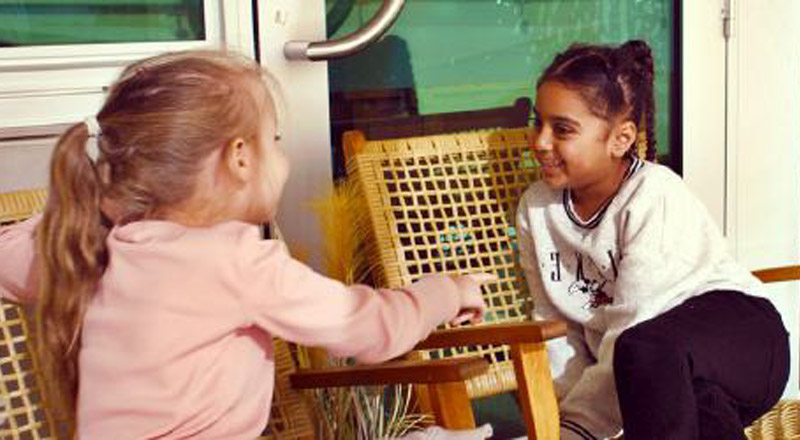
Children's Topics
- Building Resilience
- Teaching Empathy & Accountability
- Healthy Habits with Social Media
- Teaching Your Child to Say No
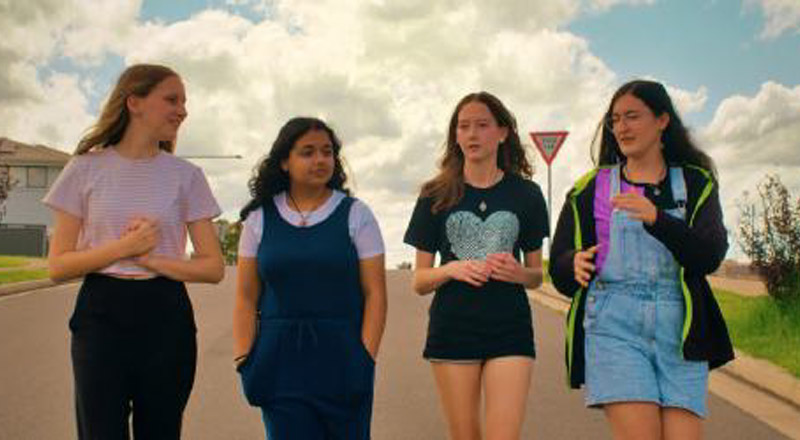
Pre-Teen's Topics
- Coping with Bullying
- Supporting Your Child Through Trauma
- When Your Child Acts Out
- Building Self-Esteem
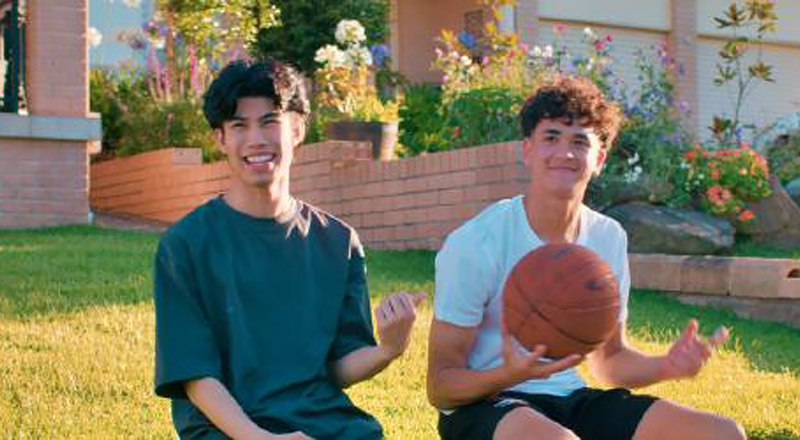
Teen's Topics
- Supporting Mental Health at Home
- Addictive Patterns
- Teaching about Boundaries & Consent
- Coping with Anxiety & Depression
Pastoral care programs at each year level are designed to help build resilience, independence and courage within each student.
Building Child Safe Communities
We are committed to providing children and young people with school environments where they are safe, informed and able to participate, and where the adult community works together with them towards making this happen.
We care about every student!
Contact Santa Sophia today to find out how we can help your child.
Our Vision
Transforming the learning of each student every day.
Our Difference
Discover what sets us apart from other schools.
How to Enrol
Let us help you get started on the enrolment process.
Contact Us
Have a question? Our friendly school staff can help.

